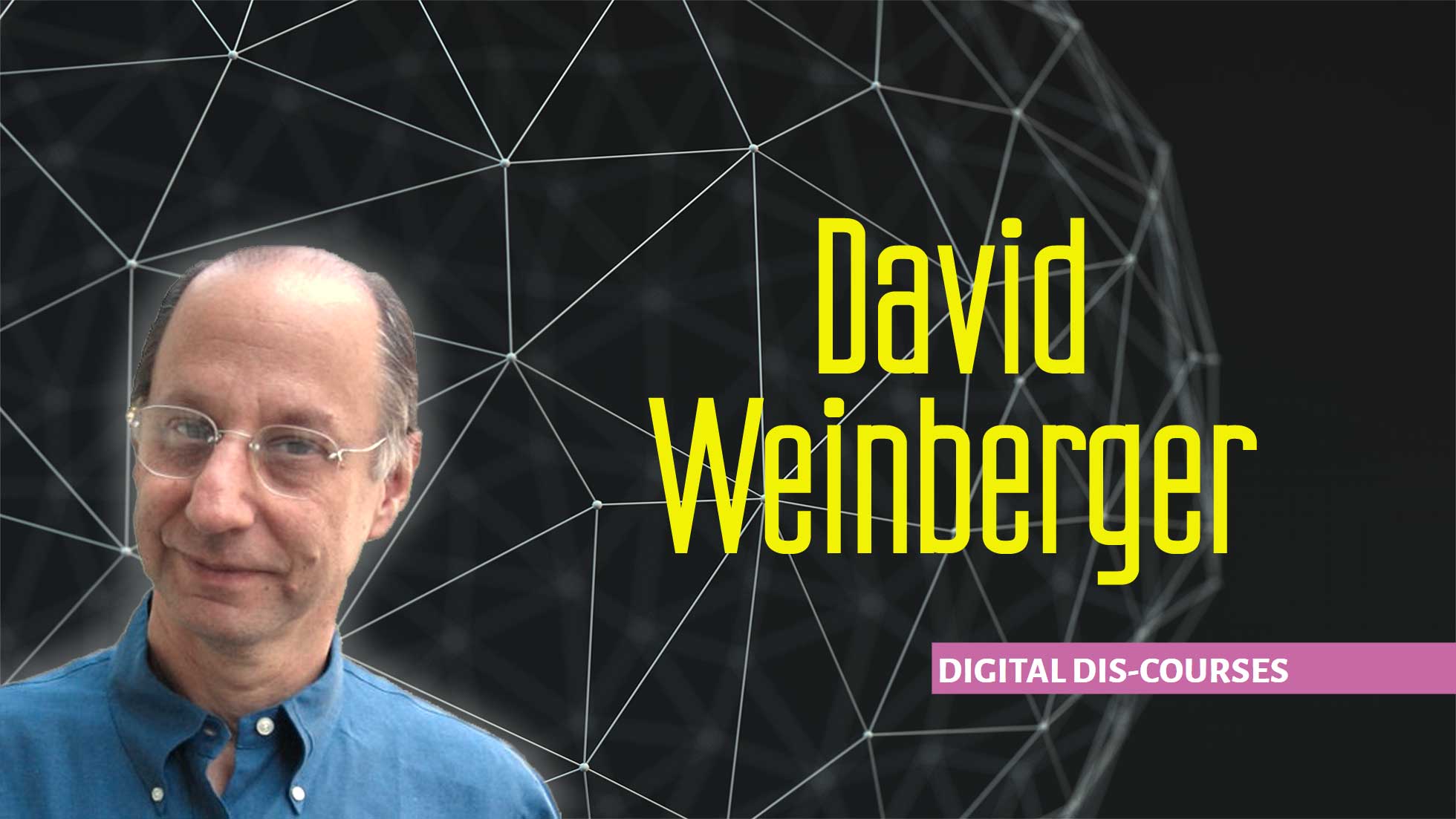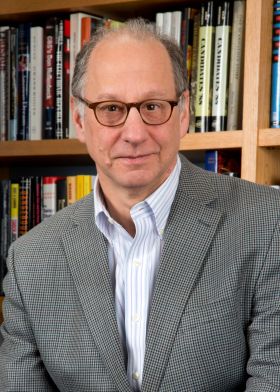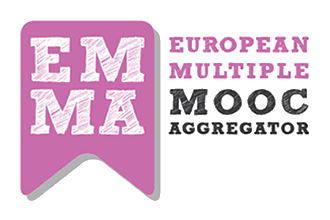Course Overview

Persona, society and technology: processes of transformation in a digital age.
We are becoming digital in a way that is not clearly understandable yet. We are no longer capable of distinguishing between what is real and what is virtual, as we did at the beginning of the digital story. Our lives, bodies, emotions, feelings and memories are strongly embedded in the digital world. For better or worse, we are living in a technological era which is re-defining how we think, learn, love, work. What does it mean to be a digital persona? What is the role of algorithms, the digital unconscious and knowledge networks.
This collective MOOC involves distinguished experts in the field of digital culture in open discussion. They present their own reflections on these questions, and their contributions take us through the changing landscape of self, society and technology, transforming hopes and criticism into food for thought.
Whatever your reason for joining this MOOC, you can explore the questions with our experts to clarify your own responses.
You can exploit the course in 2 ways
1. Serendipity
Play a game of Fortune. Choose any expert as your starting point and then randomly construct your own learning journey through digital culture. You will discover your own logic and connections between the different contributions. Using the coursebook, you can record and comment your journey, and share it with other users.
Click on the video tutorial to find out more about the Coursebook feature.
2. Guided tour
You can see these MOOC lessons as conceptual sets that navigate you through the changing technological and societal landscape. Each set offers you different perspectives and challenges to reflect on and enjoy:
(i) Situating individual minds within the landscape (Sorrentino, de Waard, Webster)
(ii) Mapping emerging territories and directing the individual within the new socio-technical regimes (Orban, Weinberger, Downes, Miranda)
(iii). Describing/redescribing paradigms and realities (Boyd, Kerckhove, Powe, van Heusden).
In the lesson of Digital Dis-courses MOOC, David Weinberger asks why people think the Internet is making us stupid, and looks at the changing nature of knowledge in the Internet era. In his second lesson he applies his theories to the future of education.
Course Structure
- Lesson 1 - The networking of knowledge
- Lesson 2 - Educating for a world in disagreement
Teacher
David Weinberger
David Weinberger, Ph.D., writes about the effect of the Internet on ideas. He is a senior researcher at the Harvard's Berkman Klein Center for Internet & Society and was co-director of the Harvard Library Innovation Lab, and a journalism fellow at Harvard's Shorenstein Center. His most recent book, "Too Big to Know," looks at the networking of knowledge and expertise. He is a co-author of "The Cluetrain Manifesto" and is the author of "Small Pieces Loosely Joined" and "Everything Is Miscellaneous." Dr. Weinberger has been a marketing VP and adviser to high tech companies, an adviser to several presidential campaigns, and a Franklin Fellow at the U.S. State Department. He has a doctorate in philosophy from the University of Toronto.




